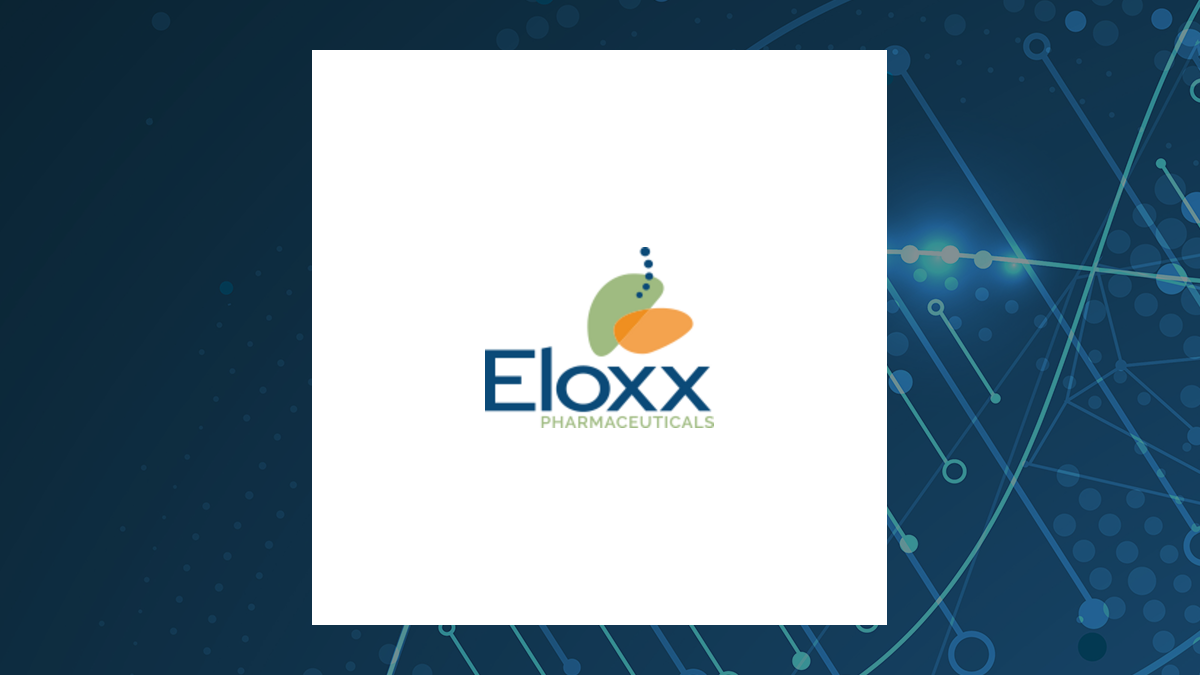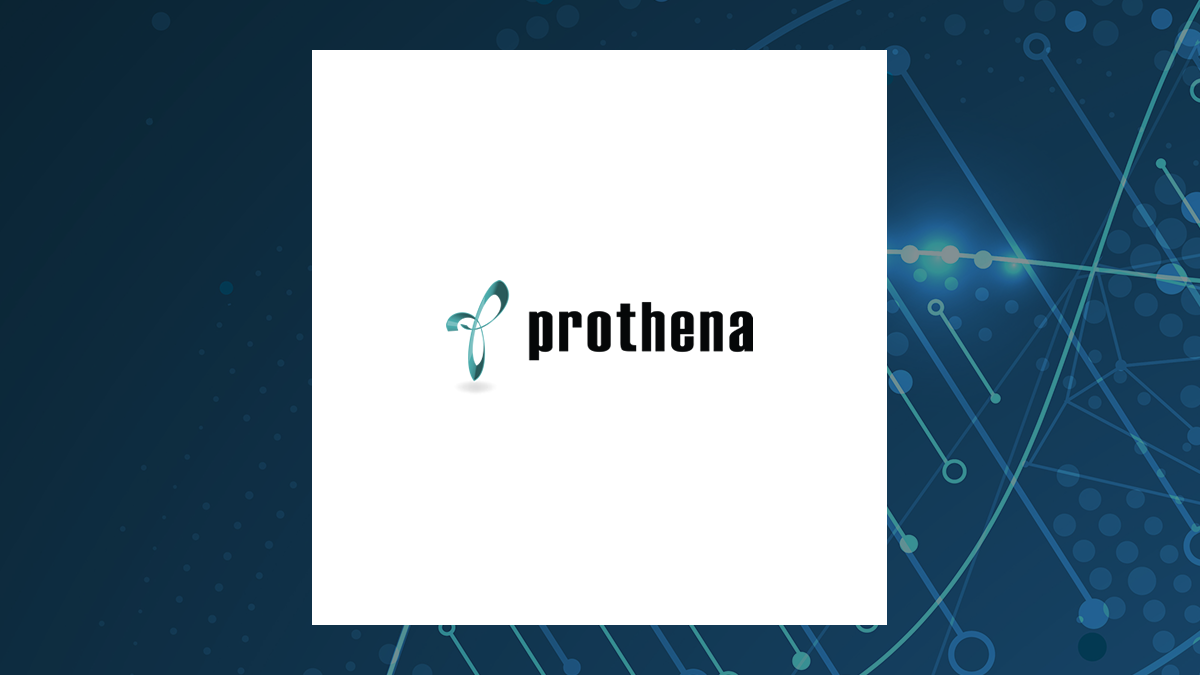Sonnet BioTherapeutics (NASDAQ:SONN – Get Free Report) and Prothena (NASDAQ:PRTA – Get Free Report) are both small-cap medical companies, but which is the superior investment? We will contrast the two businesses based on the strength of their institutional ownership, earnings, risk, profitability, valuation, analyst recommendations and dividends.
Analyst Recommendations
This is a breakdown of recent ratings for Sonnet BioTherapeutics and Prothena, as provided by MarketBeat.
| Sell Ratings | Hold Ratings | Buy Ratings | Strong Buy Ratings | Rating Score | |
| Sonnet BioTherapeutics | 0 | 0 | 2 | 0 | 3.00 |
| Prothena | 0 | 2 | 5 | 0 | 2.71 |
Sonnet BioTherapeutics currently has a consensus price target of $30.00, indicating a potential upside of 482.52%. Prothena has a consensus price target of $61.86, indicating a potential upside of 266.89%. Given Sonnet BioTherapeutics’ stronger consensus rating and higher possible upside, analysts plainly believe Sonnet BioTherapeutics is more favorable than Prothena.
Profitability
| Net Margins | Return on Equity | Return on Assets | |
| Sonnet BioTherapeutics | -11,187.19% | -398.45% | -142.16% |
| Prothena | -23.44% | -9.00% | -7.51% |
Risk and Volatility
Sonnet BioTherapeutics has a beta of 0.5, meaning that its stock price is 50% less volatile than the S&P 500. Comparatively, Prothena has a beta of 0.17, meaning that its stock price is 83% less volatile than the S&P 500.
Insider and Institutional Ownership
9.4% of Sonnet BioTherapeutics shares are held by institutional investors. Comparatively, 97.1% of Prothena shares are held by institutional investors. 2.0% of Sonnet BioTherapeutics shares are held by insiders. Comparatively, 28.2% of Prothena shares are held by insiders. Strong institutional ownership is an indication that hedge funds, large money managers and endowments believe a company is poised for long-term growth.
Valuation & Earnings
This table compares Sonnet BioTherapeutics and Prothena”s top-line revenue, earnings per share (EPS) and valuation.
| Gross Revenue | Price/Sales Ratio | Net Income | Earnings Per Share | Price/Earnings Ratio | |
| Sonnet BioTherapeutics | $55,881.00 | 286.80 | -$18.83 million | N/A | N/A |
| Prothena | $217.25 million | 4.17 | -$147.03 million | ($3.25) | -5.19 |
Sonnet BioTherapeutics has higher earnings, but lower revenue than Prothena.
Summary
Prothena beats Sonnet BioTherapeutics on 7 of the 12 factors compared between the two stocks.
About Sonnet BioTherapeutics
 Sonnet BioTherapeutics Holdings, Inc., a biotechnology company, owns a platform for biologic medicines of single or bifunctional action. The company develops fully human albumin binding technology, which utilizes human single chain antibodies fragment that binds to and hitch-hikes on human serum albumin for transport to target tissues. Its lead product candidate is SON-1010, a fully human single-chain version of interleukin 12 that is in Phase 1b/2a clinical trial for the treatment of solid tumor indications, including ovarian cancer, non-small cell lung cancer, and head and neck cancer. The company is also developing SON-080, a fully human version of interleukin 6, which is in Phase 1b/I2a clinical trail to treat chemotherapy-induced peripheral neuropathy and diabetic peripheral neuropathy; and SON-1210, a bispecific compound for solid tumor indications, including colorectal cancer. It has a license agreement with New Life Therapeutics Pte, LTD. to develop and commercialize pharmaceutical preparations containing a specific recombinant human interleukin-6. The company is headquartered in Princeton, New Jersey.
Sonnet BioTherapeutics Holdings, Inc., a biotechnology company, owns a platform for biologic medicines of single or bifunctional action. The company develops fully human albumin binding technology, which utilizes human single chain antibodies fragment that binds to and hitch-hikes on human serum albumin for transport to target tissues. Its lead product candidate is SON-1010, a fully human single-chain version of interleukin 12 that is in Phase 1b/2a clinical trial for the treatment of solid tumor indications, including ovarian cancer, non-small cell lung cancer, and head and neck cancer. The company is also developing SON-080, a fully human version of interleukin 6, which is in Phase 1b/I2a clinical trail to treat chemotherapy-induced peripheral neuropathy and diabetic peripheral neuropathy; and SON-1210, a bispecific compound for solid tumor indications, including colorectal cancer. It has a license agreement with New Life Therapeutics Pte, LTD. to develop and commercialize pharmaceutical preparations containing a specific recombinant human interleukin-6. The company is headquartered in Princeton, New Jersey.
About Prothena
 Prothena Corporation plc, a late-stage clinical biotechnology company, focuses on discovery and development of novel therapies to treat diseases caused by protein dysregulation in the United States. The company is involved in developing birtamimab, an investigational humanized antibody that is in Phase III clinical trial for the treatment of AL amyloidosis; Prasinezumab, a humanized monoclonal antibody, for the treatment of Parkinson's disease and other related synucleinopathies which is in Phase IIb clinical trial; NNC6019 that is in Phase lI clinical trial for the treatment of ATTR amyloidosis; and BMS-986446 and PRX012, which is in Phase I clinical trial for the treatment of Alzheimer's disease. Its discovery and preclinical programs include PRX123, a dual Aß-Tau vaccine for the treatment and prevention of Alzheimer's disease; and PRX019 for the treatment of neurogenerative diseases, as well as TDP-43 for the treatment of amyotrophic lateral sclerosis. Prothena Corporation plc has a license, development, and commercialization agreement with F. Hoffmann-La Roche Ltd. and Hoffmann-La Roche Inc. to develop and commercialize antibodies that target a-synuclein, including prasinezumab; and a collaboration agreement with Bristol-Myers Squibb to develop and commercialize antibodies targeting tau, TDP-43. The company was incorporated in 2012 and is based in Dublin, Ireland.
Prothena Corporation plc, a late-stage clinical biotechnology company, focuses on discovery and development of novel therapies to treat diseases caused by protein dysregulation in the United States. The company is involved in developing birtamimab, an investigational humanized antibody that is in Phase III clinical trial for the treatment of AL amyloidosis; Prasinezumab, a humanized monoclonal antibody, for the treatment of Parkinson's disease and other related synucleinopathies which is in Phase IIb clinical trial; NNC6019 that is in Phase lI clinical trial for the treatment of ATTR amyloidosis; and BMS-986446 and PRX012, which is in Phase I clinical trial for the treatment of Alzheimer's disease. Its discovery and preclinical programs include PRX123, a dual Aß-Tau vaccine for the treatment and prevention of Alzheimer's disease; and PRX019 for the treatment of neurogenerative diseases, as well as TDP-43 for the treatment of amyotrophic lateral sclerosis. Prothena Corporation plc has a license, development, and commercialization agreement with F. Hoffmann-La Roche Ltd. and Hoffmann-La Roche Inc. to develop and commercialize antibodies that target a-synuclein, including prasinezumab; and a collaboration agreement with Bristol-Myers Squibb to develop and commercialize antibodies targeting tau, TDP-43. The company was incorporated in 2012 and is based in Dublin, Ireland.
Receive News & Ratings for Sonnet BioTherapeutics Daily - Enter your email address below to receive a concise daily summary of the latest news and analysts' ratings for Sonnet BioTherapeutics and related companies with MarketBeat.com's FREE daily email newsletter.
